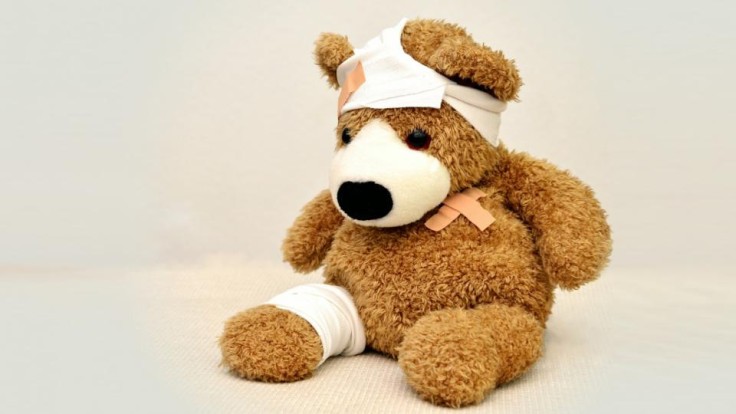
As parents, we need to know the first aid steps we can apply to treat injuries our children might encounter. And as our children grow older, they become more prone to injuries, so it is best to set an early example that they can follow in the future.
From minor cuts to larger injuries, first aid knowledge is always a plus as children who get injured need immediate attention. And when you think about it, even when it's not our kids that we are dealing with, it is always a good idea to have first aid skills.
As a parent, it is commonly possible that all common kid injuries and all the health emergencies in your family would be pretty mild but will surely course through you. That is why parents should be prepared for either small or big issues. Of course, you do not need to have in-depth medical experience; first aid skills would be enough.
The following are the basic tips in applying first aid to common kid injuries or any health emergencies;
(a) Clear all areas around and make sure it's safe for your child.
(b) Use protective equipment when applying first aid.
(c) Position your child appropriately just in case he needs CPR.
(d) If there are vehicular or other accidents around, avoid moving your child. Always consider the possibility of a neck injury during this kind of accident.
(e) And of course, don't forget to look for any first aid or emergency kit that could help you.
(f) Finally, if you don't know what to do next, seek help.
First Aid Tips for Common Injuries in Kids
1. Cuts
If there is bleeding on the cut, push with a clean cloth tightly over the wound until the bleeding ceases. Hold the cloth for about three to 15 minutes. Clean with running lukewarm water, then pat dry gently. Apply a thin layer of antibiotic ointment when the skin is split, and cover it with a bandage or gauze and adhesive tape.
If the bleeding does not stop even after applying direct pressure, it is best to call your pediatrician or bring your child to the emergency room.
2. Sting
With a scraping motion using a firm object, remove the stinger as soon as possible. To ease the pain, place a cold compress on the wound. If you observe breathing difficulty, fainting, swelling of the mouth, forehead, or throat, or presence of hives in the body, immediately call your pediatrician and emergency room.
3. Burns
In the case of a burn, keep the injury under cold running water immediately or apply a cold, damp towel before the pain subsides. Cover any minor blisters using loose bandages, tape, or gauze. In case the burn is on the face, hands, or genitals, or if they are larger than 1/4 of an inch anywhere on the body, call a doctor as soon as possible. If the wound appears to be rooted, go to the emergency room right away.
Also, be mindful not to pop any blisters. Apply antibiotic cream if the skin splits and cover the wound with a bandage or gauze until it heals. Look for any signs of infection, redness, swelling, tenderness, or discharge.
4. Bites
When treating animal bites, or even human bites, the best you can do as first aid is to wash the area with soap and water. Call for the pediatrician right after for tetanus or rabies shot.
5. Allergies
Signs of serious allergies include swelling, breathing problems, and paleness in complexion. If this happens, call the nearest emergency number.
If your child has been diagnosed with allergies before, it is recommended to have emergency medicine. If it is not readily available, such as when you are walking around the park, ask around for emergency medicine that other people may have.
6. Head Injuries
Look for signs when your child bumps his head anywhere. These signs include vomiting, passing out, difficulty to walk, and severe headache.
Very carefully check if your child appears to have a broken neck, or if his arms have any weakness or tingling, hold him still, and call for emergency contacts right away.
If, even after being discharged from the hospital, your child still has a bad headache or appears to be confused, sleepier than usual, stumbling, vomiting persistently, or doing something else, consider calling the doctor again.